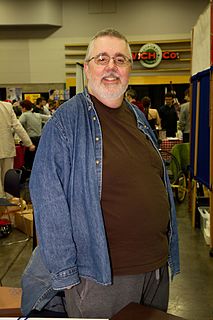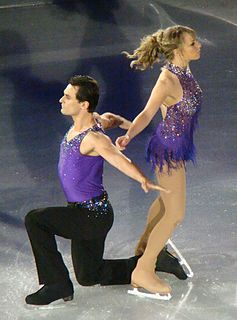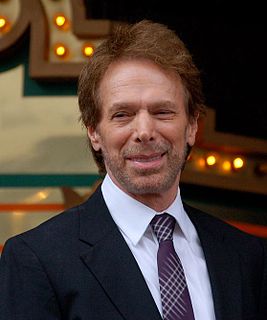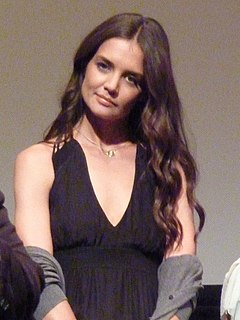A Quote by Homaro Cantu
From a very young age, I liked to take apart things. All of my Christmas gifts would wind up in a million pieces. I actually recall taking apart my dad's lawnmower three times to understand how combustible engines work.
Related Quotes
It strikes me that the only reason to take apart a pocket watch, or a car engine, aside from the simple delight of disassembly, is to find out how it works. To understand it, so you can put it back together again better than before, or build a new one that goes beyond what the old one could do. We've been taking apart the superhero for ten years or more; it's time to put it back together and wind it up, time to take it out on the road and floor it, see what it'll do.
One of the problems of taking things apart and seeing how they work - supposing you're trying to find out how a cat works--you take that cat apart to see how it works, what you've got in your hands is a non-working cat. The cat wasn't a sort of clunky mechanism that was susceptible to our available tools of analysis.
Love does not terrify me. But the going away of it does. I have been made terribly aware of how everything can be wrenched away from you and your life torn apart. If I had known very secure nights all my life, if I had never seen or felt the fear of being tortured or deported or blown up into a million pieces, then I would not fear it.
I guess I'm a really analytical person, but when I'm writing, all that stuff goes behind a screen. Analysis and taking things apart is really important and really interesting, but it's the direct opposite of creating something, which has to do with taking things and putting them together and hoping to make something unique that's more than the sum of its parts. And you can't do that with analysis, you can only take things into smaller and smaller pieces.
Everything that comes together falls apart. Everything. The chair I’m sitting on. It was built, and so it will fall apart. I’m gonna fall apart, probably before this chair. And you’re gonna fall apart. The cells and organs and systems that make you you—they came together, grew together, and so must fall apart. The Buddha knew one thing science didn’t prove for millennia after his death: Entropy increases. Things fall apart.
One of the things I have taken for granted, in terms of how technology works in the world, is the people that develop it and get it out there don't really know what we are going to do with until we have really gotten ahold of it and it has become ubiquitous. And then we wind up doing things that its inventors never dreamed of and those things become the real change drivers. That is actually where the whole technocracy thing falls apart for me, because the people who invented it can't predict what we're going to do with it.




































